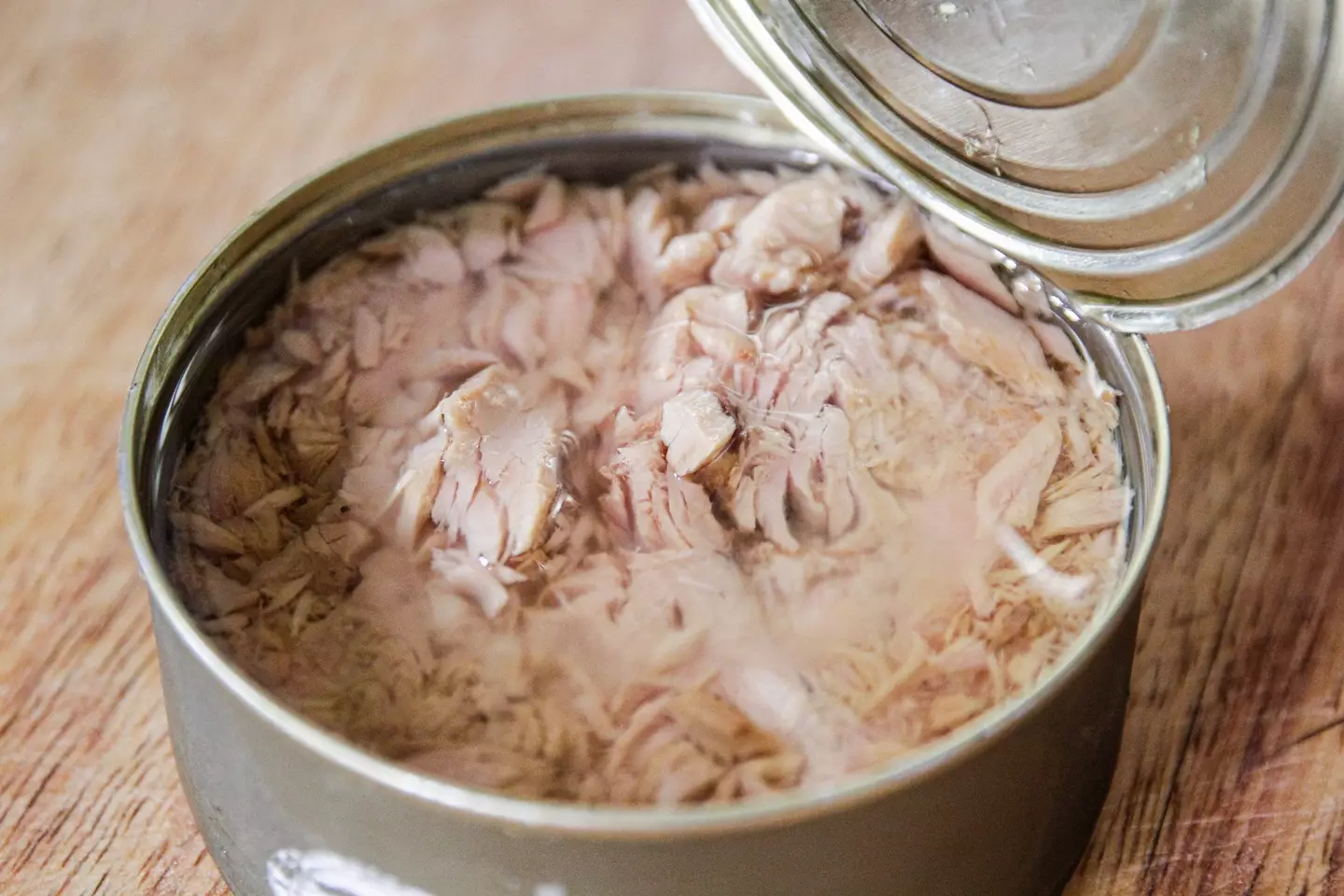
Schools in France will no longer serve tinned tuna at mealtimes after a shocking study revealed risks in the product.
Tinned tuna is a quick and easy staple for many people, whether in a sandwich or on a jacket potato.
Now a new study has indicated that tinned tuna could carry a significant health risks for people who eat it often.
This risk is particularly high in children, and now schools in France have decided that it is no longer worth the risk to students' health.
Advert
Municipalities in Paris, Lille, Lyon, Grenoble, Montpellier, Rennes, Bègles and Mouans-Sartoux have all decided to 'temporarily' remove the fish from school meals.
But what is this health risk which has compelled authorities to take such a drastic measure?

It's mercury, a highly dangerous neurotoxin.
The study by campaign groups Bloom and Foodwatch found mercury contamination in 148 samples of tinned tuna in in France, Germany, England, Spain, and Italy, with some being over four times EU regulation.
Levels of mercury in the oceans have increased by 300 percent over the past 200 years, with the toxic metal accumulating first in the air after being released by mining and burning coal.
It then makes its way into the sea through rain and through gas exchange, where it's been found in the very deepest parts of the ocean.
Tuna are large predators, a category of animal which is at particular risk of contamination with pollutants like mercury.
It works like this: imagine a tiny shrimp that has one 'bit' of mercury, then a small fish eats ten shrimps so has ten bits, a bigger fish eats ten of those so has one hundred, then finally a tuna eats ten of those bigger fish so has 1,000 'bits' of mercury in a single animal.
That's how chemicals can reach a dangerous level of concentration in animals higher up the food chain, like tuna.

Eight deputy mayors in France responsible for food released a joint statement to France Inter Public Radio.
They said: "No action has been taken by national and European political leaders or the tuna industry to protect consumers, especially children."
Gilles Pérole, deputy mayor of Mounas-Sartoux, said: "We try to be consistent and serve food that respects both health and the environment.
"So when we get alerts like this, we can't ignore them."
Pérole added: "So why is there an exemption for tuna, with a level of one milligram per kilo? It's because, in reality, they realised that tuna couldn't meet this standard.
"So we decided to suspend tuna until the mercury level accepted in tuna returns to the standard for other fish."
